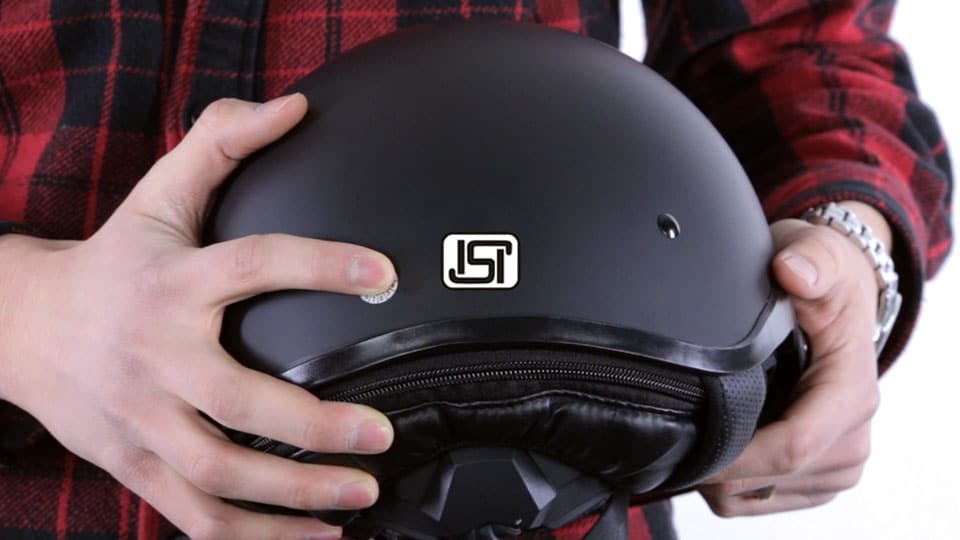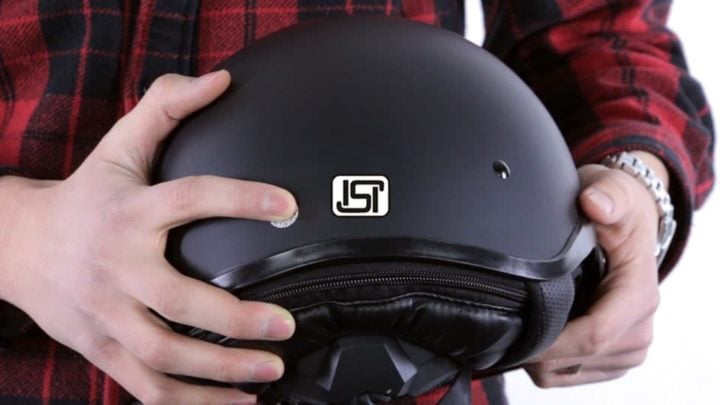The Indian market is very price sensitive adhering to the sales of cheap and knock-off helmets. The Indian Government has decided to ban the sales of Non – ISI Mark Helmets in the nation by the end of this year.
Riders from across the planet stress on wearing appropriate gear for one’s safety. Time and again the Indian government to promotes the use of proper helmets while riding. The fine for not wearing a helmet in Delhi was recently revised by 10 folds and now amounts to INR 1,000. In order to simply escape the fine, people often opt for cheap helmets believing they’ll offer the same protection. Another case of knock-offs of popular helmets by manufacturers like ARAI can be bought off of the internet or markets like Karol Bagh. While the latter definitely looks cool, it does not provide the same level of security.
In a move to curb down the sales of such improper helmets, the Indian government is planning to ban the sales of Non – ISI Mark Helmets in India by the end of this year.
Also Read – 2019 Suzuki Hayabusa Clearest Spyshots.
ISI Mark Helmets – Rules & Regulations
According to the regulations decided by the BIS (Bureau of Indian Standards) a helmet is approved to comply with ISI norms if they meet the following requirements.
- The Outer Shell – The helmet should include an outer shell which should be perfectly smooth except for shaping required for functional purposes. The temperature between the shell and the head should not rise inordinately. If the outer shell is more than 2mm, special ventilators should be installed to meet the noise level specifications inside the helmet. The outer shell should have a minimum radius of 1 mm.
- Protective Padding – The protective layer of padding should cover all areas from top of the head to the chin.
- Chin Strap – The chin strap should not be less than 20 mm in width and offer a load bearing capacity of 150 N minimum. The strap should not include a plastic cup. In case of double-D ring type straps, it should be fitted with a pulling type flap made specifically in red colour and should be a minimum of 10 x 20 mm in dimension.
- Helmet Mass – The mass of a complete helmet excluding peak, visor and detachable lower face, shall not exceed 1500g.
- Conspicuity – All helmets shall bear reflective parts on the front, back and the sides for easy detection during the night. These parts shall not be removable without damage to the helmet.
Also Read – Upcoming Royal Enfield Electric Bike – 5 Facts You Must Know!
ISI Mark Helmets – Helmet Testing
The BIS tests the helmets on a total of 4 conditions. Each test decides a score for the helmet and the total score decides whether or not a helmet is worthy of the ISI Mark. The tests conducted include solvent + ambient temperature and Hygrometry conditioning, heat conditioning, low-temperature conditioning and ultra-violet radiation and moisture conditioning. Apart from these, several tests like Impact test, rigidity test, audibility test and dynamic test of retention system are done as well.
ISI Mark Helmets – Ban On Non – ISI Mark Helmets
The Supreme Court ruled in favour of banning the sales of Non – ISI Mark Helmets in India. The ban will come into effect starting the end of this year itself. The regulatory authority BIS informed the Supreme Court that the ban on Non – ISI Mark Helmets can be implemented comprehensively within six months itself. Appreciating the move, the ISIHMA (ISI Helmet Association) stated that the sales of Non – ISI Mark Helmets will be offensive by the end of 2018.
Stay tuned for more info from the auto industry of India.



